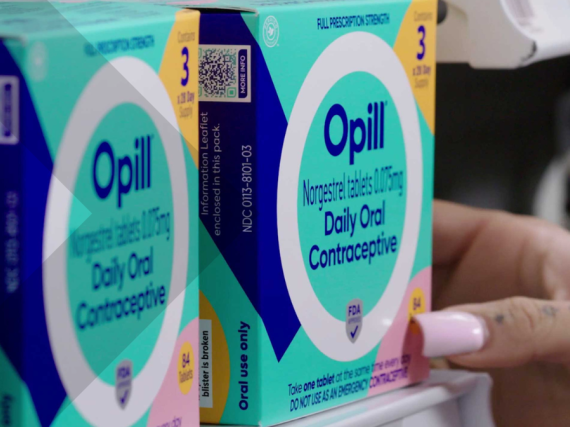Power to Decide Featured in American Journal of Public Health
(Washington, D.C.) — A new article published today in the American Journal of Public Health explores the innovative reproductive well-being framework, developed by more than 50 national, state, and local organizations that were convened by Power to Decide, to better understand the systems-level gaps that too often cause a divergence between people’s stated desires to prevent pregnancy and their contraceptive decision-making and use.
“Reproductive Well-Being: A Framework for Expanding Contraceptive Access,” co-authored by Power to Decide Senior Director of Innovation, Training, and Technical Assistance Sarah Axelson, MSW; Chief of Staff Gillian Sealy, PhD, MPH; and CEO Raegan McDonald-Mosley, MD, MPH, discusses the development and extraordinary potential of this new framework.
Reproductive well-being means that all people have equitable access to the information, services, systems, and support they need to have control over their bodies, and to make their own decisions related to sexuality and reproduction throughout their lives. It is the culmination of extensive research and in-depth interviews with more than 300 stakeholders, experts, and providers in reproductive health, rights, and justice. Among the key themes that emerged was the essential role of birth control access in aligning contraceptive behaviors and pregnancy desires. The framework seeks to accomplish this by designing systems of support that surround individuals and help them achieve their reproductive goals.
“Power to Decide envisions a culture in which there is a system of support that makes it possible for every person—no matter who they are or where they live—to achieve reproductive well-being,” the co-authors write. “In such a culture, all people have equitable access to the information, services, systems, and support they need to have control over their bodies and to make their own decisions related to sexuality and reproduction throughout their lives.”
Stakeholders identified four key ‘levers” to achieve reproductive well-being – (1) policy, (2) education and communication, (3) health care and social services delivery, and (4) health equity – and developed an implementation toolkit that identifies key actions communities can take to catalyze change in each of these domains.
“Certainly, access to contraception does not equate to the totality of reproductive well-being; however, reproductive well-being cannot be achieved without practical, equitable access to contraception. The ability to identify one’s own pregnancy desires and to use contraception to achieve those desires is fundamental to feeling respected, autonomous, in control, and supported.”
# # #
Power to Decide is a private, non-partisan, non-profit organization that works to ensure all people—no matter who they are, where they live, or what their economic status might be—have the power to decide if, when and under what circumstances to get pregnant or have a child.


